SHANGHAI -- At present, 85 manufacturers in China are churning out vehicles carrying 63 different brands.

Given such a high level of fragmentation, is the industry ready for consolidation?
The answer is not yet. Attracted by strong market growth, domestic automakers are launching new brands, and more joint ventures will be formed between Chinese and foreign automakers.
Over the next years, at least three domestic Chinese companies will start producing their own brand cars.
SAIC-GM-Wuling Automobile Co., a mini commercial vehicle maker, and Guangzhou Automobile Industry Corp. will start building their own brand cars later this year. In 2011, Beijing Automotive Industry Holding Corp. will produce its first own-brand sedans using platforms it purchased from Saab last December.
And we'll see more joint-venture manufacturing operations established in China.
PSA Peugeot Citroen has finalized a deal to set up a joint venture with Changan Automobile Co. Likewise, Mazda Motor Corp. is expected to establish a its own joint venture with Changan Automobile Co. after withdrawing from its three-way joint venture with Ford Motor Co. and Changan.
Meanwhile, several Chinese automakers -- including SAIC and BAIC -- are now chasing Fuji Heavy Industries, which wants to form a joint venture to build Subaru vehicles in China, according to media reports.
Well, can China's auto industry remain this fragmented forever?
Obviously it can't. But we'll probably have to wait quite a while before the industry gets serious about consolidation.
In 2009, China surpassed the United States as the world's largest auto market. And in the first six months of 2010, China's passenger vehicle sales surged 22 percent from a year earlier.
Despite China's robust growth, it has only 20 vehicles for every thousand residents, far below the rates seen in the U.S. and Europe. That means China still has huge potential for growth.
Over the next few years, sales are widely expected to grow about 10 percent annually. As long as the market continues to grow, large-scale consolidation is not likely to take place.
That said, I would not rule out the possibility that the government will broker an occasional mergers or acquisition among state-owned Chinese automakers.
In 2007, for example, Shanghai Automotive Industry Corp. acquired Nanjing Automobile Group Corp.
Last year, Guangzhou Automobile Industry Corp. acquired Changfeng Automobile Co., while Changan Automobile Group took over Hafei Automobile Industry Group Co. and Changhe Automobile Co.
At the start of the 20th Century, it took several decades for the United States' fast-growing auto sector to consolidate dozens of automakers. Perhaps China's auto industry will follow a similar path.


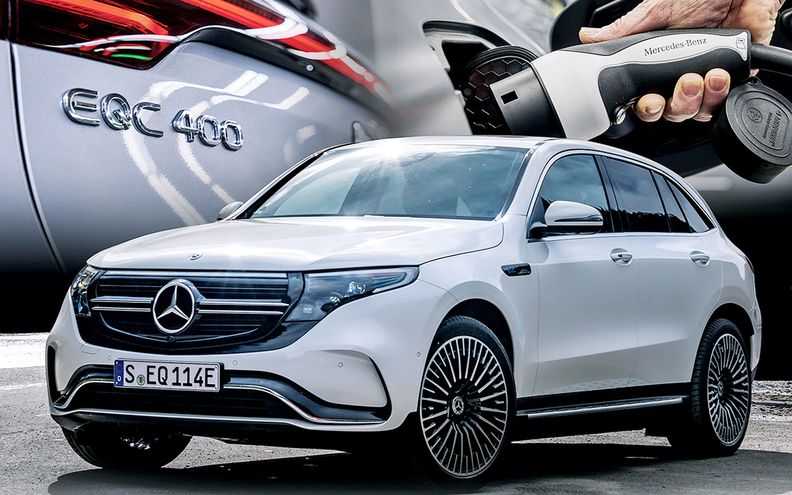

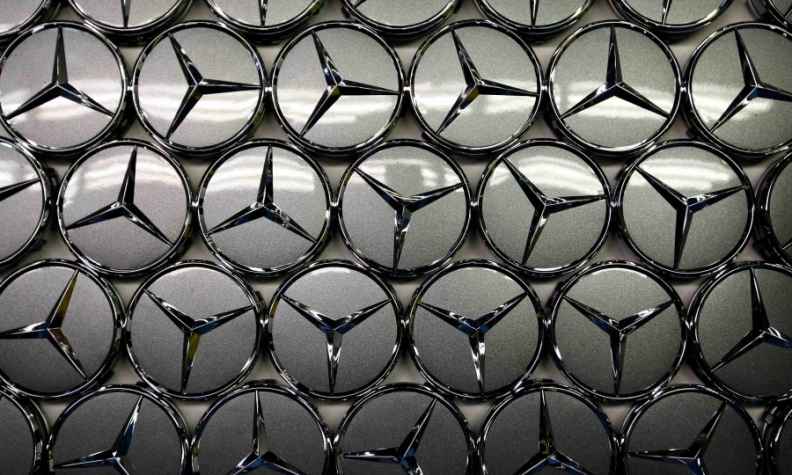
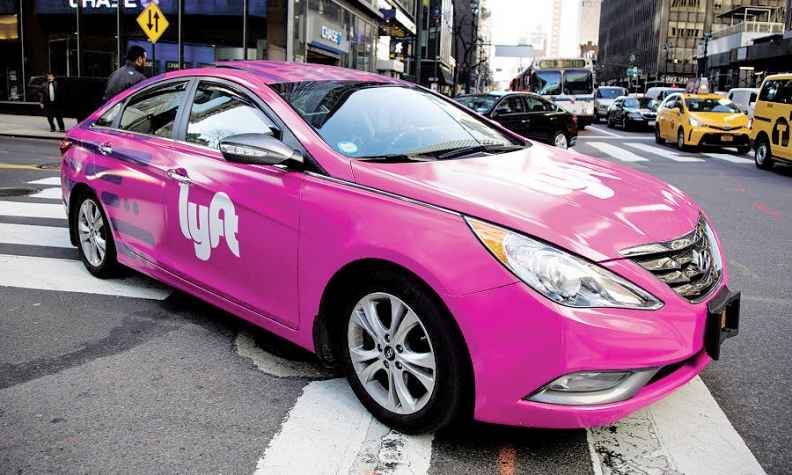
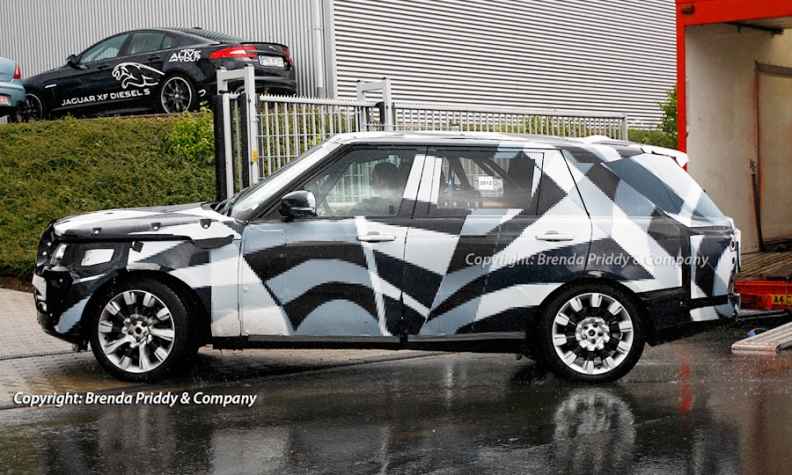
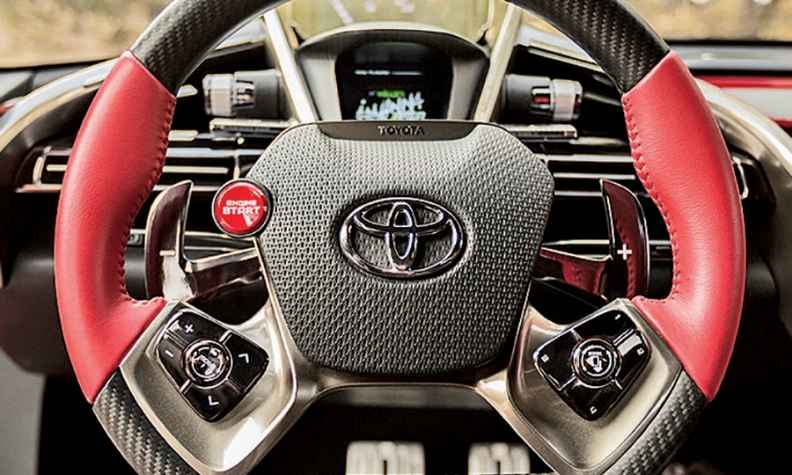
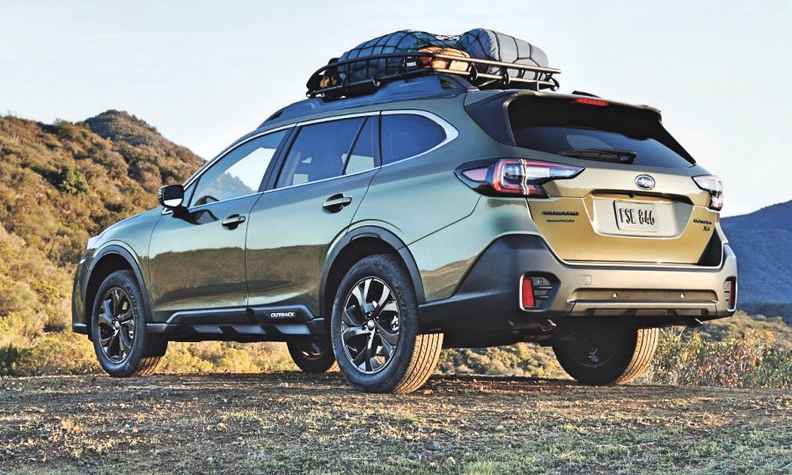
Post your comment